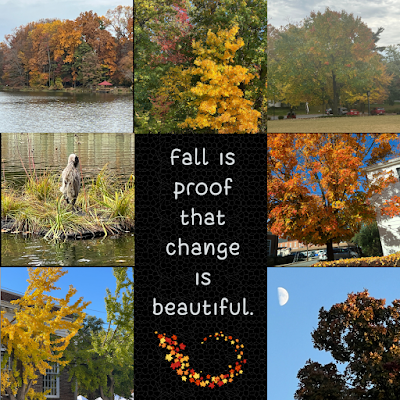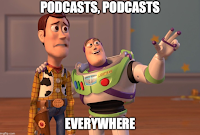
Afforestation adventures await! Plant some trees or visit some new forests to check out their flourishing biodiversity.
Breathe deeply and take in the bliss of crisp, clean air by "getting out there."
Cultivate sustainable habits and conscious choices for a greener and cleaner future. Start by looking at your home products.
Dive into the depths of eco-conscious decisions. Say no to plastics when you have a pollution-free choice instead.
Embrace renewable energy by opening windows or curtains to bring the sun and wind power in.
Foster a love for our feathered friends. Visit a bird sanctuary or do a little backyard bird watching.
Grow a garden of green: make your backyard bloom with blossoms or a become a bounty to veggies to feed your family.
Harness some humans-nature harmony: take time out in nature to find fellowship with flora and fauna.
Illuminate your home with energy-efficient lightbulbs to save money and energy.
Join hands with environmental advocates for Mother Earth.
Kindle the flames of environmental education to spread eco-awareness to keep knowledge going and growing.
Let love for our Earth be a guiding star, leading us toward sustainable practices and eco-friendly living.
Marvel at the beauty of marine life, less impacted by mankind, though not immune from pollution.
Nourish your body with organic food to maximize your own health and wellness.
Optimize waste management in your own home: turn trash into treasures when you recycle, upcycle, reuse, and refuse what you no longer need.
Plant the care of conservation by supporting endangered species and restoring ecosystems.
Quietly observe the delicate balance of nature, appreciating the beauty of the separate seasons.
Reduce your own transportation impact: while you might not be ready to buy a lower emission electric vehicle, can you carpool, walk, ride your bike, or take public transportation to get from point A to B?
Sow seeds of environmental stewardship, cultivating a sense of responsibility and care for our home planet.
Turn the tide on pollution, so that our rivers and oceans run free of marine debris.
Unleash your own creativity and celebrate the creativity of architects and artists who masterfully weave sustainable design and environmental awareness to their work.
Value, protect, and celebrate the variety that makes up the rich tapestry of species of life on Earth.
Walk gently on the Earth, leaving behind footprints of kindness and care.
'Xperience the joy of eco-friendly exploration. Go out and adventure into the great outdoors. We protect what we love.
Yearn for a world where green spaces thrive, especially in urban worlds where green spaces provide an escape.
Zero in on sustainable solutions. May zero-waste lifestyles and circular economies become the norm.
Disclaimer: AI was my friend with both the ABC list and the art of this post. I used ChatGPT and the following prompt on December 17, 2023 to build the inspiration for this post. My prompt that I used to create this post: "You are a creative and genius wordsmith who loves to craft creative text. Create an inspired ABC list of environmental well wishes for the new year ahead: 2024." I then tweaked the verbiage a bit to make it a more streamlined post. Art created using the Magic Media tools of Canva.com using this prompt (then I added the embellishments of the year and graphics): "Happy New Year picture, realistic, pixar style people of all ages and races there, including white, asian, hispanic, and black people celebrating the new year with a happy new years signs around the room, in a party setting."













































